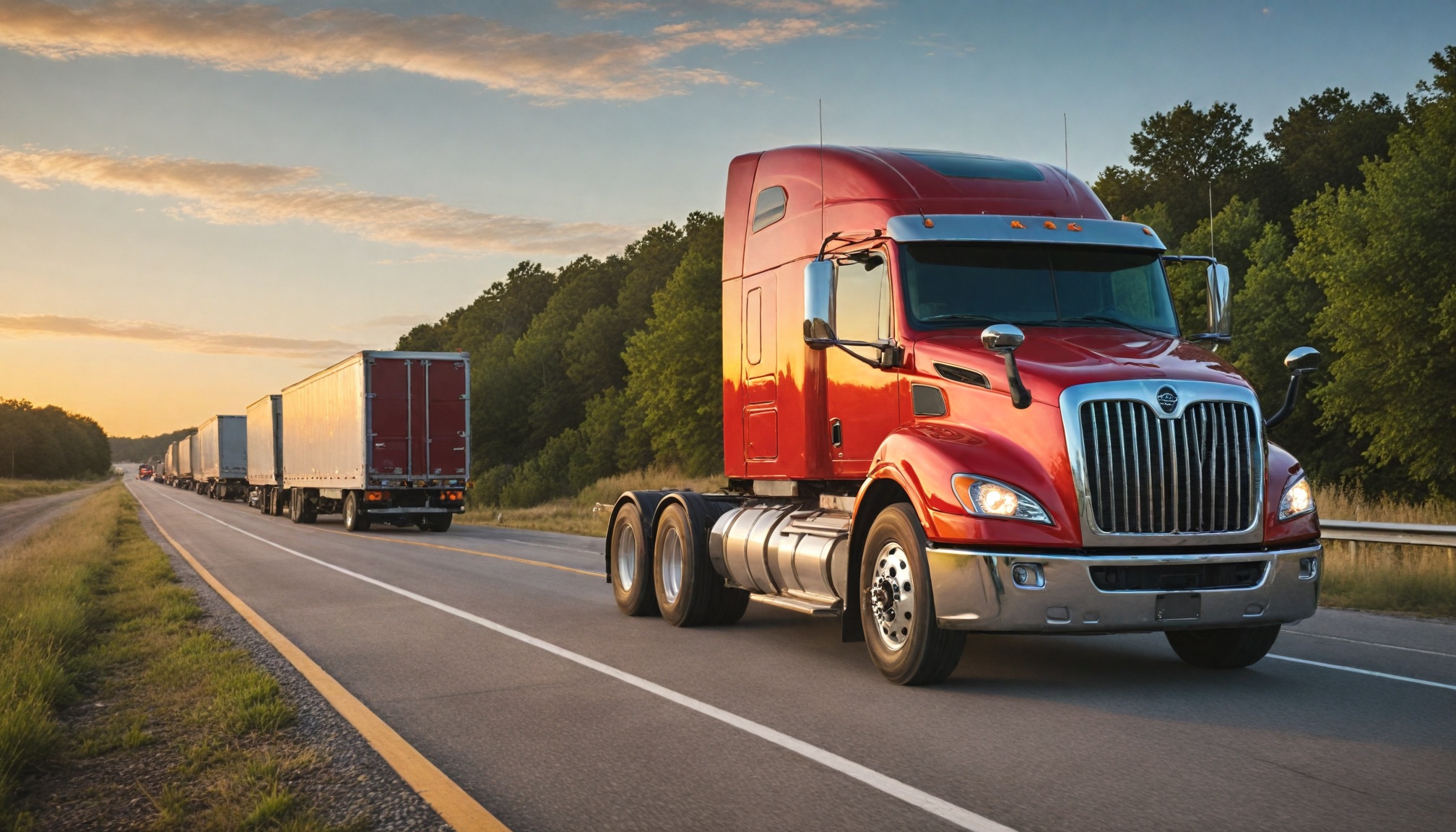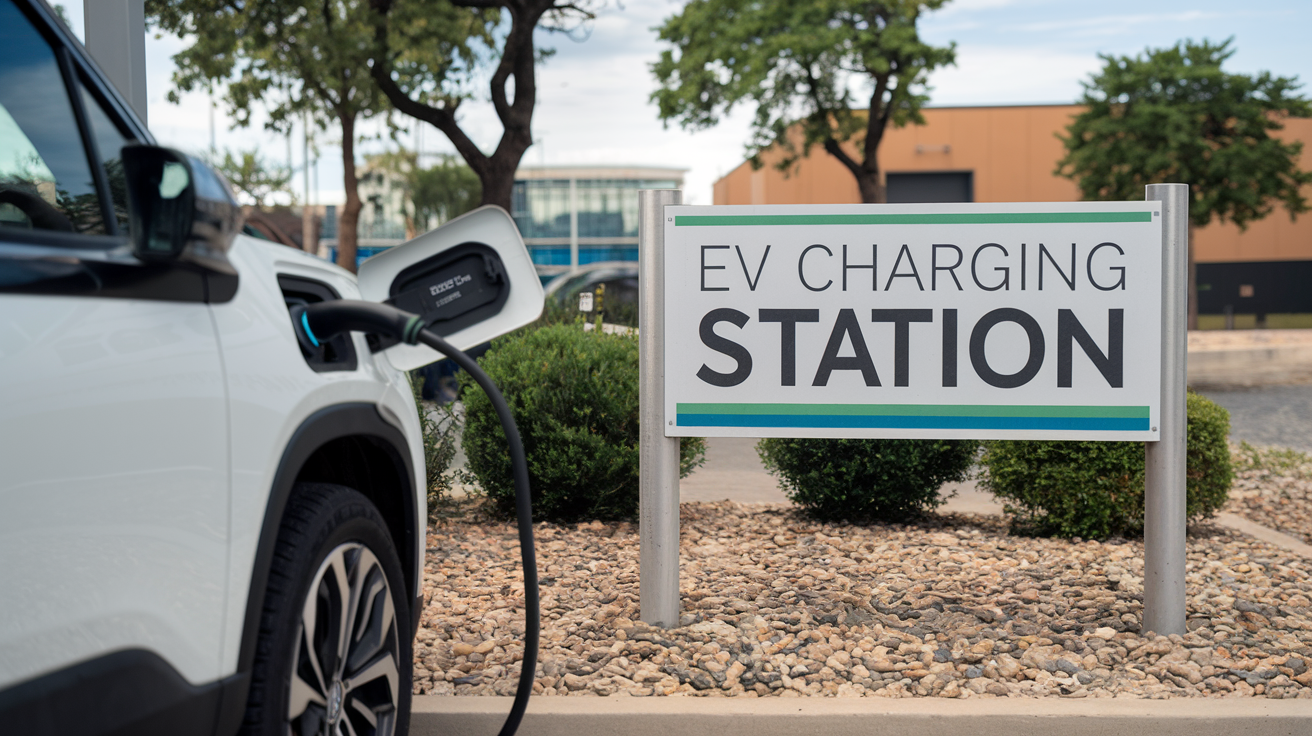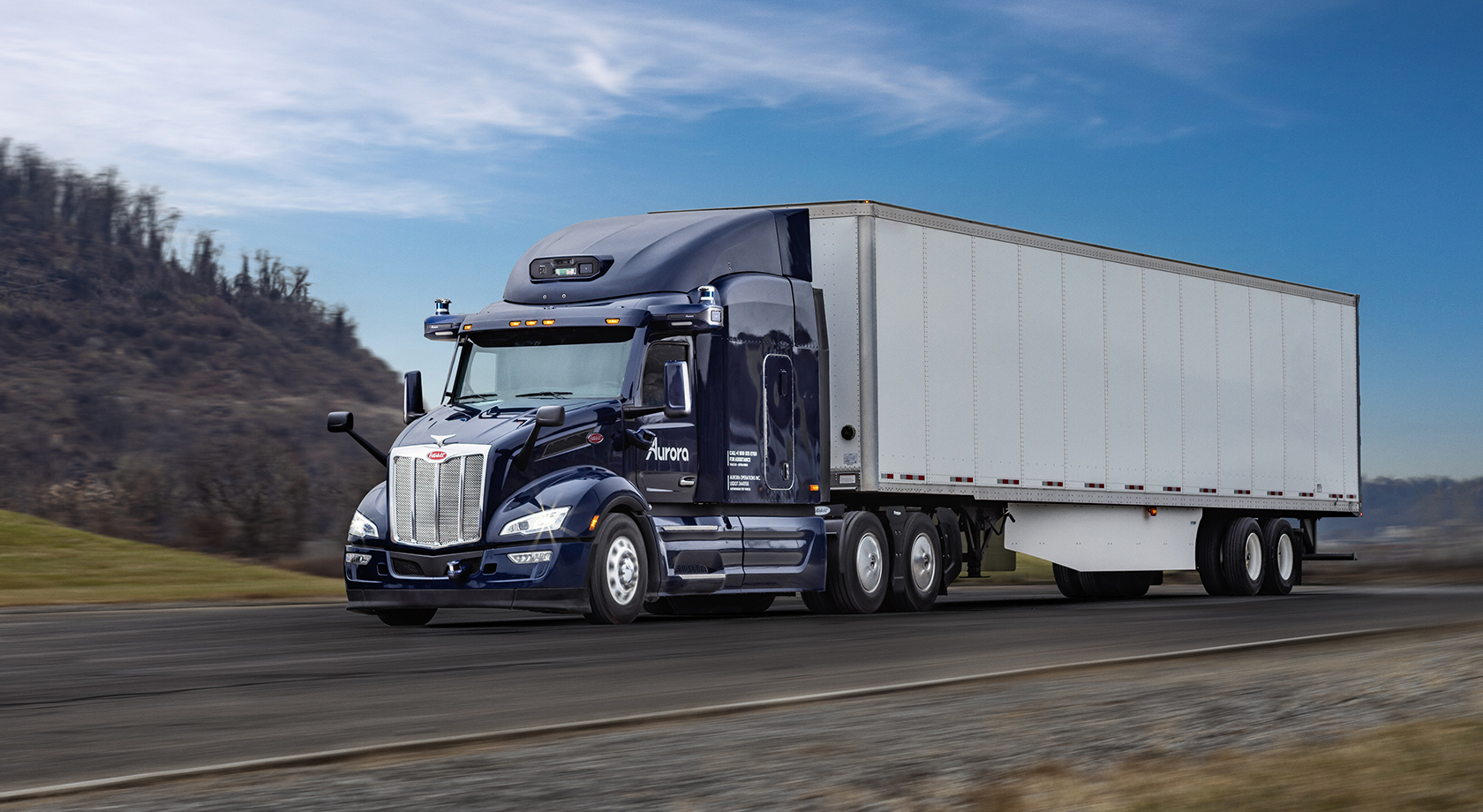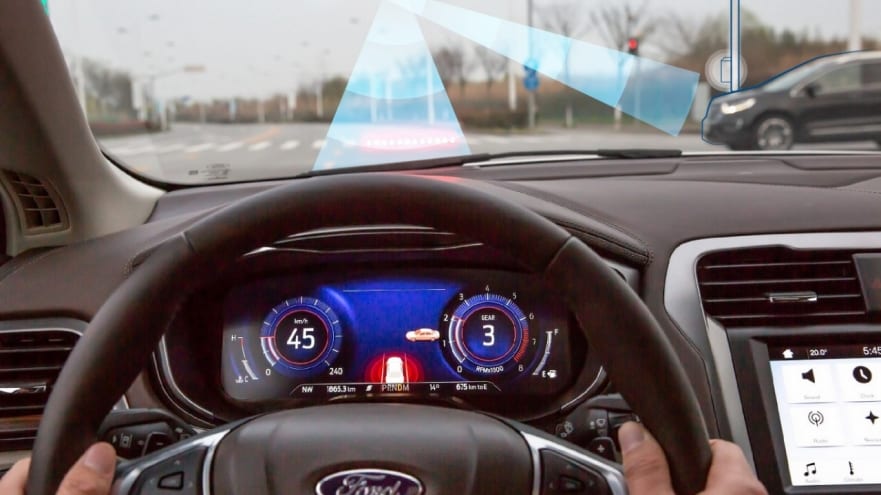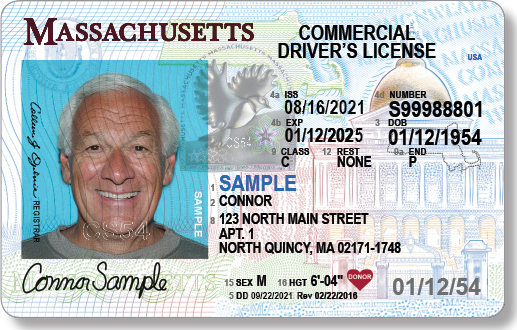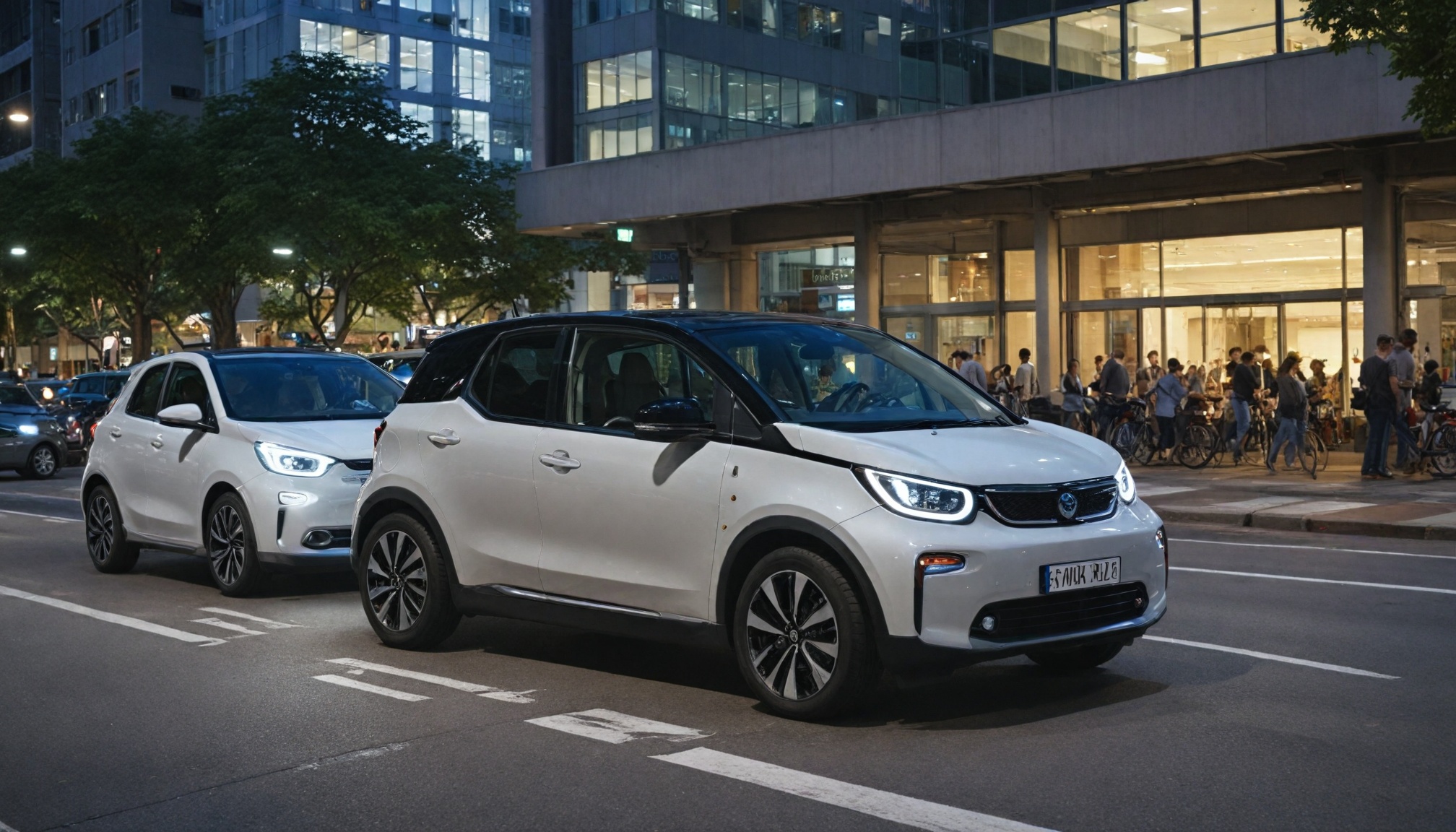
AI-powered smart cars promise to transform urban mobility, reducing travel times by 25% and congestion by 30% by 2030 while enhancing safety and sustainability.

Drivetech Partners
Smart cars are revolutionizing urban transportation with a powerful combination of AI, connectivity, and advanced sensor technology that's set to reshape how we move through cities. By 2030, these intelligent vehicles could decrease average urban travel times by up to 25%, offering substantial improvements to city dwellers' daily commutes and quality of life.
Key Takeaways
Smart vehicles are projected to reduce urban traffic congestion by 30% by 2030, potentially saving cities $277 billion globally
Advanced safety features could decrease urban road fatalities by 20% through technologies like automatic braking and collision detection
The smart urban mobility sector is growing at 10% annually, with projected revenue reaching $660 billion by 2030
Cities like Singapore and Helsinki demonstrate how smart car integration can create more sustainable and efficient urban environments
Environmental benefits include reduced emissions, improved air quality, and energy-efficient features like LED headlights and 800V fast charging
Traffic Congestion and Efficiency Gains
One of the most significant benefits of smart cars is their ability to reduce urban traffic congestion by up to 30% by 2030. This impressive reduction comes from the integration of real-time data analysis, sophisticated route optimization, and vehicle-to-vehicle communication that allows cars to "talk" to each other on the road.
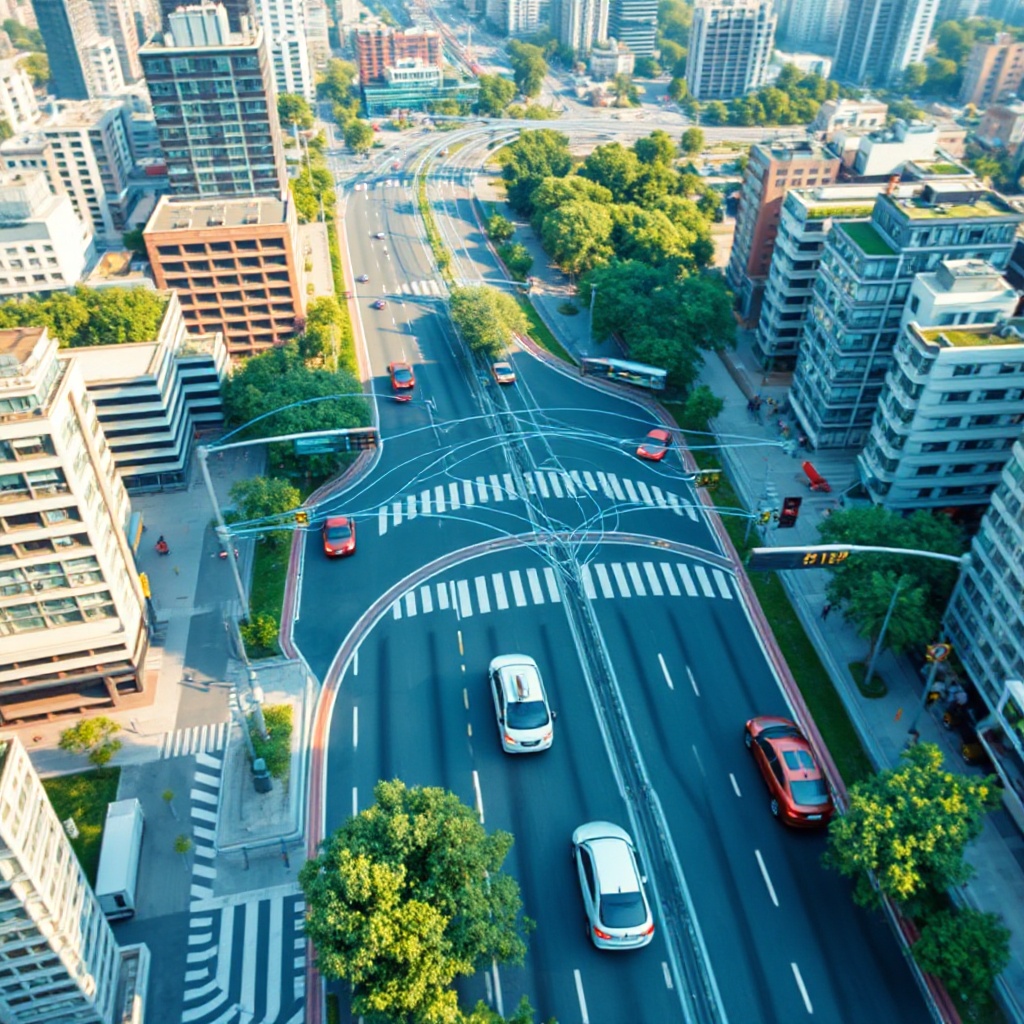
V2X (Vehicle-to-Everything) connectivity enables cars to communicate not just with each other but with traffic infrastructure and management systems. Smart intersections play a crucial role by adjusting signal timing based on real-time traffic conditions. These technological advancements could save cities an estimated $277 billion in congestion-related costs globally by 2025.
The efficiency gains come from multiple sources:
Intelligent routing that avoids congestion hotspots
Coordinated movements that prevent stop-and-go traffic patterns
Optimized speed recommendations that create smoother traffic flow
Reduced time spent searching for parking through smart parking systems
Enhanced Safety Features and Accident Prevention
Advanced driver-assist systems are quickly becoming standard in modern vehicles, significantly reducing the risk of accidents. These sophisticated systems include lane-keeping assistance, automatic emergency braking, and collision detection technology that all work together to minimize human error – the cause of most traffic accidents.
With widespread smart car adoption, urban road fatalities could decrease by up to 20%. Cities like Singapore and Helsinki are already demonstrating the real-world safety benefits of smart mobility integration, with noticeable reductions in traffic incidents. Safety features work in multiple ways to protect both drivers and pedestrians:
Collision avoidance systems that detect potential accidents before they happen
Automatic braking that responds faster than human reflexes
Lane departure warnings that prevent drifting between lanes
Pedestrian detection systems that protect vulnerable road users
Environmental Benefits and Sustainability Advantages
Electric and hybrid smart cars are being adopted at a faster rate than traditional vehicles in urban environments, bringing significant environmental and sustainability benefits. These eco-friendly vehicles help reduce carbon emissions while improving air quality and decreasing noise pollution in cities.
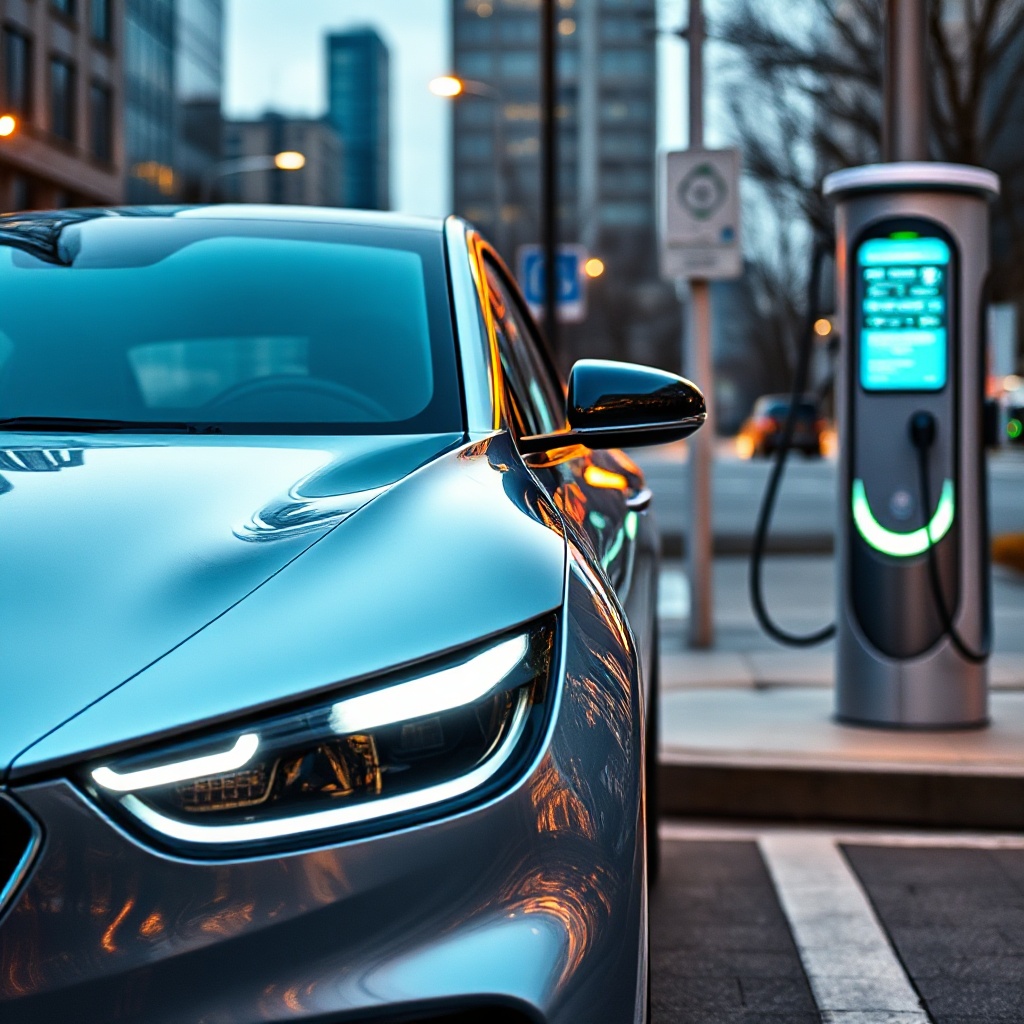
Modern smart cars incorporate energy-efficient features such as LED headlights that consume less power while providing better visibility. Many newer models also feature fast 800V charging architecture that enables rapid recharges, making electric vehicles more practical for daily urban use.
The sustainability advantages extend beyond the vehicles themselves:
Optimized driving patterns that reduce fuel consumption and emissions
Support for shared mobility models that decrease the total number of vehicles needed
Integration with renewable energy sources for charging
Reduced need for extensive parking infrastructure
Economic Growth and Urban Innovation
The smart urban mobility sector is experiencing remarkable growth at nearly 10% annually through 2030 – twice the rate of traditional mobility solutions. This booming industry is projected to generate $660 billion in annual revenue by 2030, up from $260 billion in 2020.
This growth creates substantial economic benefits for cities, including:
Job creation in technology, data management, maintenance, and transportation services
Significant infrastructure savings through reduced wear and tear on roads
Healthcare cost reductions from fewer accidents and improved air quality
Increased productivity from shorter commute times
The economic impact extends to business efficiency and innovation, as companies can operate more effectively in cities with optimized transportation systems. Time saved from reduced congestion translates directly into economic productivity and improved quality of life for residents.
Smart City Integration and Infrastructure
Smart cars aren't operating in isolation – they're part of a broader connected urban ecosystem. These vehicles work with citywide traffic management systems to optimize flow, reduce congestion, and improve overall mobility. The integration extends to smart parking systems that help drivers find available spaces quickly, reducing time spent searching and further decreasing congestion.
Vehicle-to-infrastructure (V2I) communication allows for coordinated urban mobility, with cars receiving real-time updates about road conditions, traffic patterns, and potential hazards. This creates a more responsive transportation network that can adapt to changing conditions throughout the day.
Key infrastructure components that support smart car integration include:
Intelligent traffic signals that respond to actual traffic conditions
Digital road signs that provide real-time information
Sensors embedded in roadways to monitor traffic flow
Charging infrastructure strategically placed throughout urban areas
Case Studies: Singapore and Helsinki
Singapore and Helsinki stand at the forefront of smart car integration, serving as real-world laboratories for the future of urban mobility. Helsinki's Jätkäsaari Mobility Lab enables companies to trial smart mobility technologies in actual urban settings, providing valuable data on what works in practice.
Singapore has focused intensely on urban sustainability and energy efficiency, creating a comprehensive smart transportation ecosystem that integrates various modes of transport with intelligent infrastructure. Both cities serve as testbeds for Mobility-as-a-Service (MaaS) solutions that combine multiple transportation options into seamless user experiences.
The results from these pioneering cities demonstrate practical reductions in:
Traffic congestion during peak hours
Accident rates and severity
Environmental impact from transportation
Overall transportation costs for residents
Future Technological Developments
The evolution of smart cars continues at a rapid pace, with technology advancing from driver assistance to higher levels of autonomy. As these systems become more sophisticated, the benefits for urban mobility will increase exponentially, with vehicles able to coordinate more effectively and respond to changing conditions with minimal human intervention.

Charging infrastructure is evolving to support widespread EV adoption, with more high-speed charging stations being deployed in urban areas. The integration with emerging 5G and future 6G networks will enable enhanced connectivity, allowing for more reliable and faster communication between vehicles and infrastructure.
Future developments to watch include:
Development of smart roads with embedded sensors and communication technology
Adaptive infrastructure that responds to changing traffic patterns
Increased integration between personal vehicles and public transportation
Advanced predictive algorithms that anticipate traffic patterns before congestion occurs
As these technologies mature and become more widespread, the vision of truly smart cities with optimized mobility will become a reality, transforming urban living for millions of people worldwide.
Sources
Tech Drive Play: The Benefits of Smart Cars in Modern Cities
Green.org: Reducing Traffic Congestion with Smart Cars
Helsinki Partners: Singapore-Finland Smart City Collaboration
Oliver Wyman Forum & UC Berkeley: How Urban Mobility Will Change by 2030
McKinsey: The future of mobility in 2035
Juniper Research: Smart Traffic Management to Significantly Reduce Congestion
